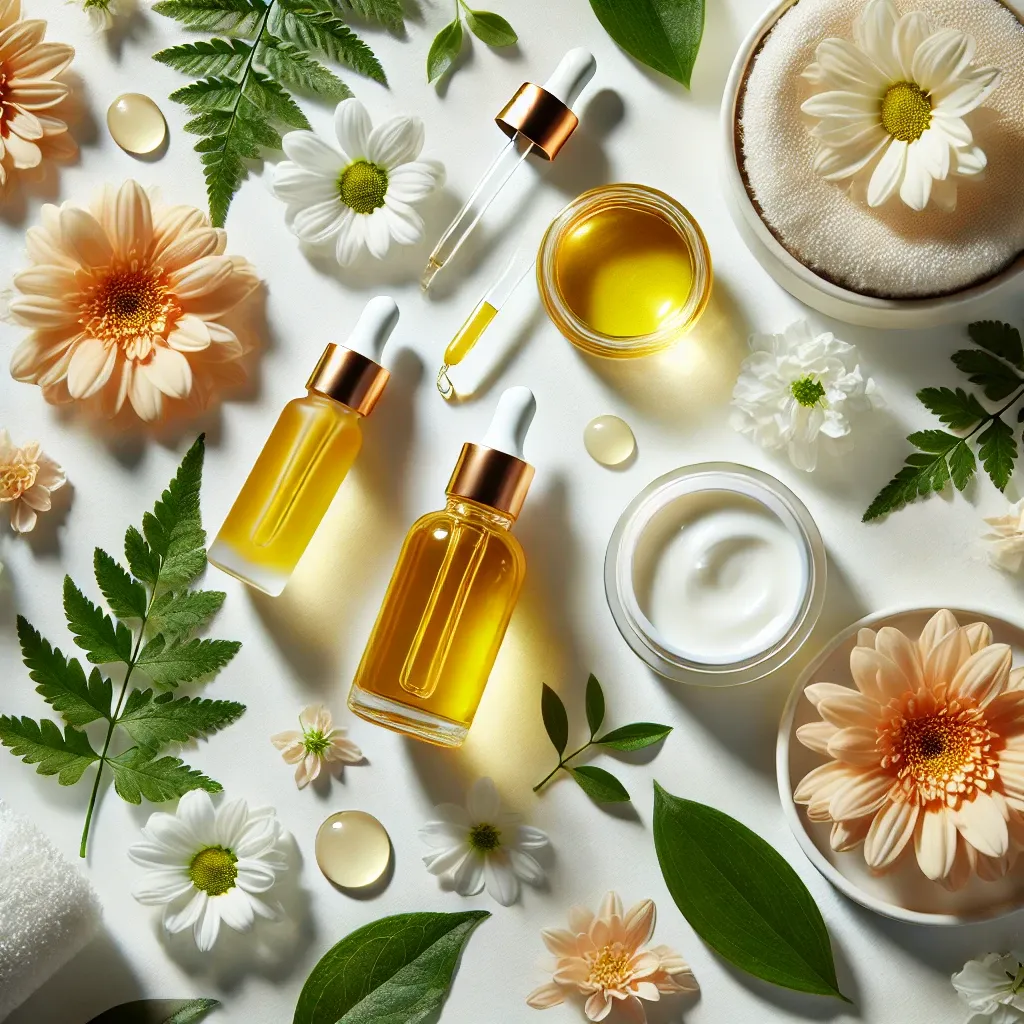
For glowing skin, several oils are highly regarded for their nourishing and hydrating properties. Here are some of the best options:
- Argan Oil: Rich in vitamin E and fatty acids, argan oil helps moisturize and improve skin elasticity, giving it a healthy glow.
- Jojoba Oil: Similar to the skin’s natural sebum, jojoba oil is great for hydration without clogging pores. It helps balance oil production and provides a radiant complexion.
- Rosehip Oil: Packed with antioxidants and essential fatty acids, rosehip oil can help improve skin texture, reduce scars, and enhance overall radiance.
- Coconut Oil: Known for its moisturizing properties, coconut oil can give the skin a dewy look. However, it may not be suitable for acne-prone skin.
- Sweet Almond Oil: This oil is rich in vitamins A and E, making it excellent for softening the skin and promoting a healthy glow.
- Marula Oil: High in antioxidants and fatty acids, marula oil absorbs quickly and hydrates the skin, enhancing its natural glow.
When using oils, it’s essential to consider your skin type and any sensitivities you may have. Patch testing is advisable to ensure compatibility.
The number of essential oils available in the market can sometimes be overwhelming when one has to choose the right oil for the skin. Even when choosing oil for the skin different options are available. Some oils are good for a good glow; others can prevent acne, while some others can maintain the elasticity of the skin. Then there are carrier oils that can be applied directly on the skin or blended with essential oils for topical application.
Natural oils are used on the skin since ancient times from Greek to Indian and from Egyptian to Chinese civilizations. The oils varied depending on the ease of availability of source materials. Nowadays, oils, both carrier and essential, are easily available at one’s fingertips.
So which ones to buy? Let’s look at the essential oils first. Neroli essential oil is a cytophylactic, which means it can aid cell regeneration and can be applied regularly to clear the skin. Ylang ylang essential oil is excellent for regulating sebum production. This oil is useful for those with dry or oily skin types. Clary sage and tea tree essential oils must be used to first tackle acne and then give the skin its glow. Lastly, sandalwood and lavender essential oils are the go-to oils for a glowing skin and skincare in general.
There are a few natural oils that can be applied on the skin. These oils are rich in vitamins and minerals. The carrier oils that should be used for a glowing skin are almond oil, olive oil, jojoba oil and rosehip seed oil.
Natural oils have been used for centuries to nourish, hydrate, and heal the skin. Unlike synthetic skincare products, natural oils are packed with vitamins, antioxidants, and essential fatty acids that deeply moisturize the skin, promote collagen production, and fight signs of aging. Oils like argan oil, coconut oil, jojoba oil, and rosehip oil are known for their excellent hydrating properties. Tea tree oil and neem oil have antibacterial and anti-inflammatory benefits, making them effective.
Introduction
Radiant, glowing skin isn’t just a beauty standard; it’s a reflection of healthy, well-cared-for skin. In today’s fast-paced world, achieving that sought-after glow often feels like an uphill battle. From environmental stressors to hectic schedules, your skin can quickly lose its natural radiance. This is where radiant skin face oils come to the rescue, offering a simple yet powerful solution to transform dull, tired skin into a glowing masterpiece.
Face oils have rapidly gained popularity in skincare routines, and for a good reason. With their ability to deeply nourish, hydrate, and repair the skin, they are no longer considered just an “extra step” but a skincare essential. Whether you’re battling dryness, uneven tone, or lack of luster, the benefits of face oils cater to all skin types and concerns, making them a must-have for anyone seeking a natural, radiant glow.
In this blog, we’ll explore the benefits of face oils in depth, including how they enhance your skin’s radiance, the best oils for glowing skin, and how to seamlessly incorporate them into your routine. By the end, you’ll understand why these liquid elixirs are a game-changer for your skincare regimen and how to unlock their full potential for radiant, glowing skin. Stay tuned as we uncover everything you need to know about these skincare heroes!
Achieving glowing, hydrated, and clear skin is a common skincare goal, and natural oils can be one of the best solutions. These oils are packed with essential fatty acids, antioxidants, and vitamins that nourish the skin, lock in moisture, and combat skin concerns such as acne, dryness, and dullness. Unlike chemical-laden skincare products, natural oils are gentle on the skin and work effectively to enhance its natural beauty.
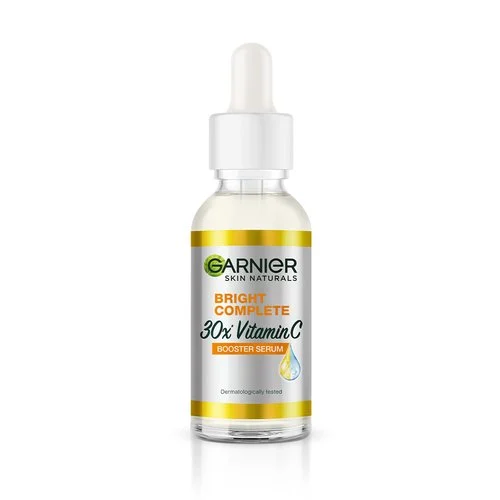
In this article, we will explore the best natural oils for healthy skin, their benefits, and how to use them to achieve a radiant complexion. Natural oils have been used for centuries as an essential part of skincare routines, offering a rich source of hydration, nourishment, and healing properties that promote radiant, clear, and well-hydrated skin. Unlike commercial skincare products that often contain synthetic chemicals, preservatives, and artificial fragrances, natural oils are packed with essential fatty acids, vitamins, antioxidants, and anti-inflammatory properties that work harmoniously with the skin to restore its natural balance, protect it from environmental damage, and provide deep hydration without clogging pores. One of the most popular and versatile natural oils is argan oil, often referred to as “liquid gold,” which is extracted from the kernels of the Moroccan argan tree. Rich in vitamin E, antioxidants, and omega fatty acids, argan oil deeply hydrates the skin, improves elasticity, and helps reduce the appearance of fine lines, wrinkles, and scars while also being lightweight and non-greasy, making it suitable for all skin types. Another excellent oil for radiant skin is jojoba oil, which closely resembles the skin’s natural sebum and is easily absorbed without leaving a greasy residue, making it ideal for moisturizing dry and sensitive skin while balancing oil production in acne-prone skin. Jojoba oil is also rich in antibacterial and anti-inflammatory properties, helping to soothe irritation, reduce redness, and promote healing for conditions like eczema and psoriasis. Rosehip seed oil is another powerhouse ingredient in natural skincare, derived from the seeds of wild rose bushes, and is packed with vitamin A, vitamin C, and essential fatty acids that promote skin regeneration, fade dark spots and hyperpigmentation, and improve overall skin texture by enhancing collagen production, making it a go-to oil for those looking to achieve an even skin tone and youthful glow. Coconut oil, known for its deeply moisturizing properties, contains lauric acid, which has antimicrobial benefits that help protect the skin from bacteria, making it an excellent option for those with dry or irritated skin, though individuals with acne-prone skin should use it with caution due to its potential to clog pores. Another exceptional oil is almond oil, which is lightweight yet deeply nourishing, containing vitamins A and E, which help improve skin tone, reduce puffiness, and soothe inflammation while also providing a gentle solution for removing makeup without stripping the skin of its natural oils. For those looking for an anti-aging oil, pomegranate seed oil is an excellent choice, as it is packed with powerful antioxidants like punicic acid, which helps to repair damaged skin, boost collagen production, and improve skin elasticity, reducing the appearance of fine lines and wrinkles. Grapeseed oil is another fantastic natural oil, especially for those with oily or acne-prone skin, as it is rich in linoleic acid and polyphenols, which help regulate oil production, minimize pores, and reduce inflammation, while also providing a
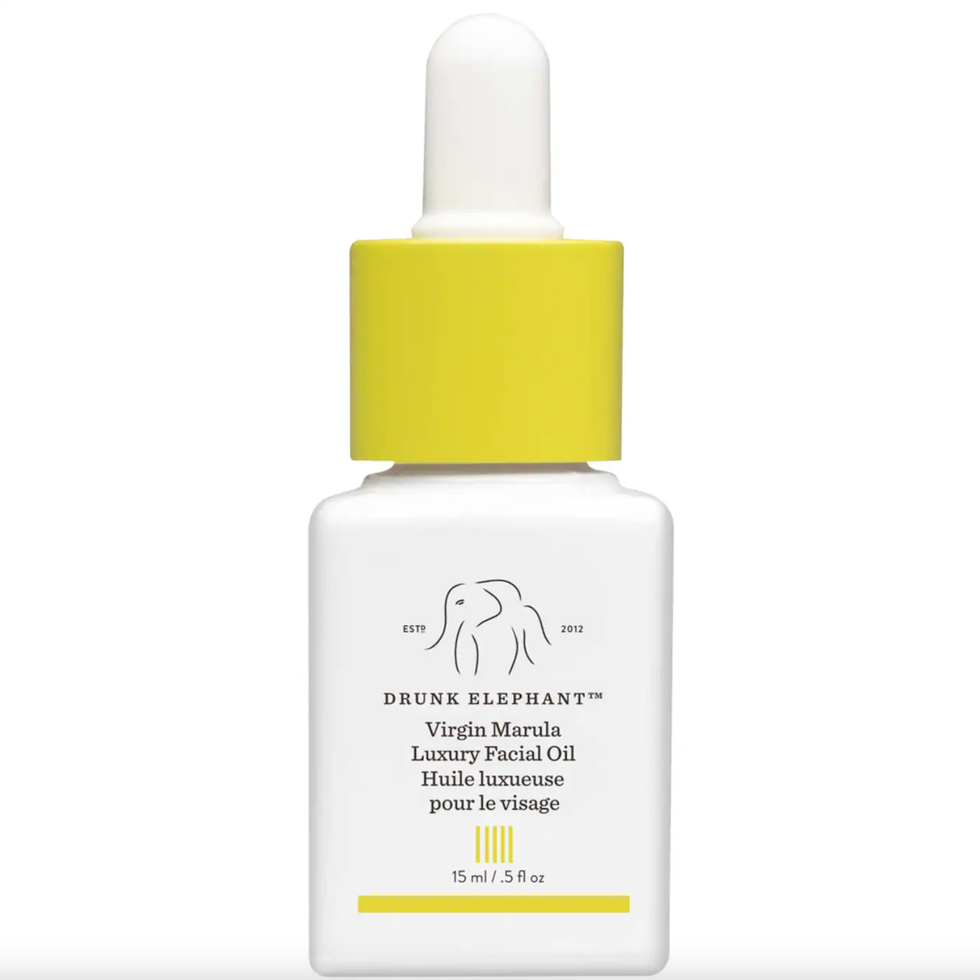
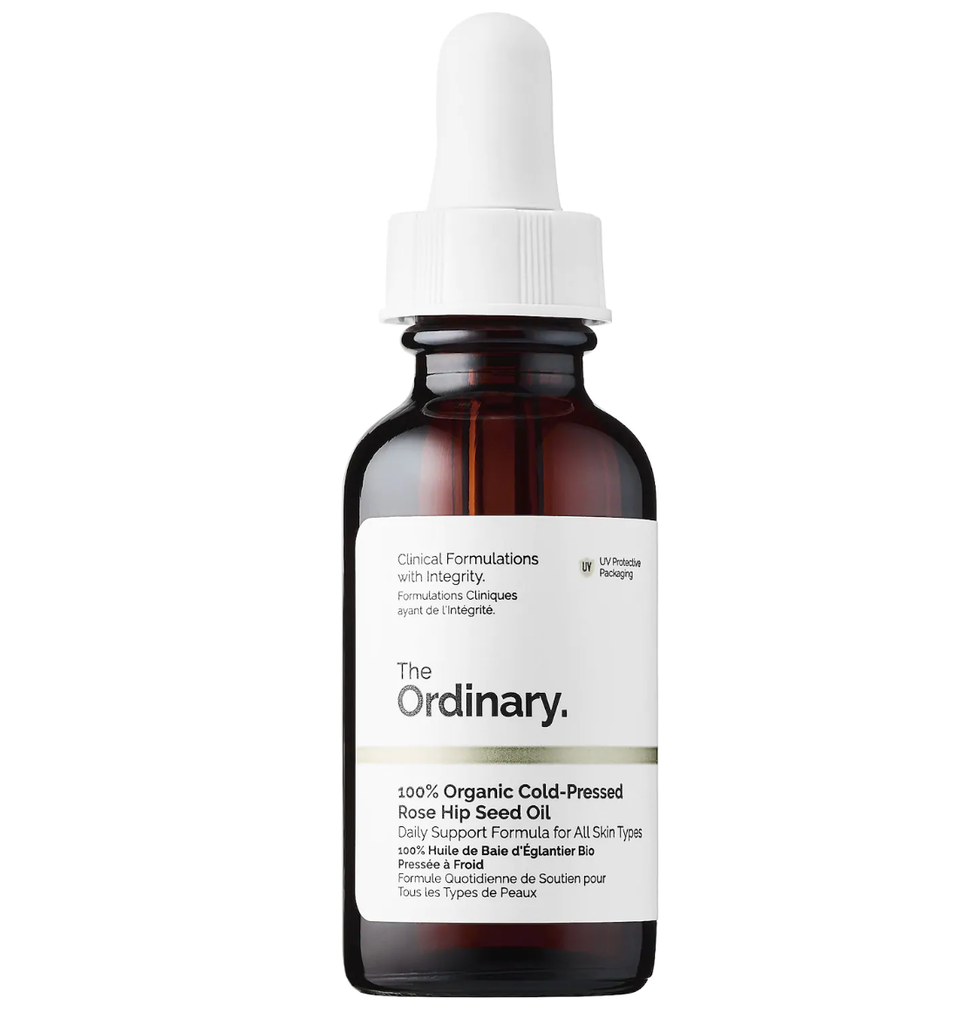
lightweight and fast-absorbing hydration boost that leaves the skin feeling soft and smooth without clogging pores. Tea tree oil is widely known for its potent antibacterial and antifungal properties, making it a highly effective natural remedy for acne-prone skin by helping to fight breakouts, reduce redness, and prevent future blemishes, though it should be diluted with a carrier oil like jojoba or almond oil before application to prevent irritation. Marula oil, derived from the kernels of the marula fruit, is another luxurious oil that is rich in antioxidants, essential fatty acids, and amino acids, making it an excellent choice for dry and aging skin as it deeply hydrates, improves skin elasticity, and protects against environmental stressors while also being non-greasy and fast-absorbing. Hemp seed oil is an underrated but highly beneficial natural oil, particularly for those with sensitive or acne-prone skin, as it is packed with omega-3 and omega-6 fatty acids that help to soothe inflammation, regulate oil production, and strengthen the skin barrier while also providing lightweight hydration without clogging pores. Avocado oil is another deeply nourishing option, rich in vitamins A, D, and E, as well as oleic acid, which penetrates deeply into the skin to provide intense hydration, making it an excellent choice for individuals with dry or mature skin who need extra nourishment to maintain a soft and supple complexion. Castor oil, known for its thick consistency, is a natural humectant that draws moisture into the skin while also possessing antibacterial and antifungal properties, making it useful for treating acne, reducing inflammation, and promoting the healing of scars and blemishes. Olive oil, a staple in Mediterranean skincare, is packed with antioxidants and squalene, which help to fight free radicals, protect against premature aging, and deeply moisturize the skin while also serving as an effective natural cleanser that removes dirt and makeup without disrupting the skin’s natural balance. Evening primrose oil is another fantastic option for those with sensitive or hormonal skin, as it contains gamma-linolenic acid (GLA), which helps to reduce inflammation, balance hormones, and improve conditions like eczema, rosacea, and acne, making it a soothing and healing oil for irritated or inflamed skin. For those struggling with hyperpigmentation or uneven skin tone, tamanu oil is an excellent natural remedy, as it contains powerful regenerative properties that help to fade dark spots, scars, and blemishes while also promoting wound healing and overall skin repair.
Sea buckthorn oil, derived from the berries of the sea buckthorn plant, is one of the most nutrient-dense oils, packed with vitamins C and E, omega fatty acids, and carotenoids that help to boost collagen production, brighten the skin, and protect against environmental damage, making it a great option for those looking to achieve a radiant, youthful complexion. Black seed oil, known for its antibacterial and anti-inflammatory properties, is particularly effective for those dealing with acne, eczema, or psoriasis, as it helps to calm irritation, fight bacteria, and promote overall skin health while also providing essential hydration. Camellia oil, used for centuries in Japanese skincare, is a lightweight yet deeply nourishing oil that is rich in oleic acid and antioxidants, helping to hydrate, smooth, and protect the skin from environmental damage while also improving elasticity and reducing the appearance of fine lines and wrinkles. Another luxurious oil is safflower oil, which is high in linoleic acid and helps to balance sebum production, making it an excellent option for individuals with oily or acne-prone skin who need hydration without clogging pores. For those dealing with dry or irritated skin, calendula oil is a soothing and healing option, as it contains
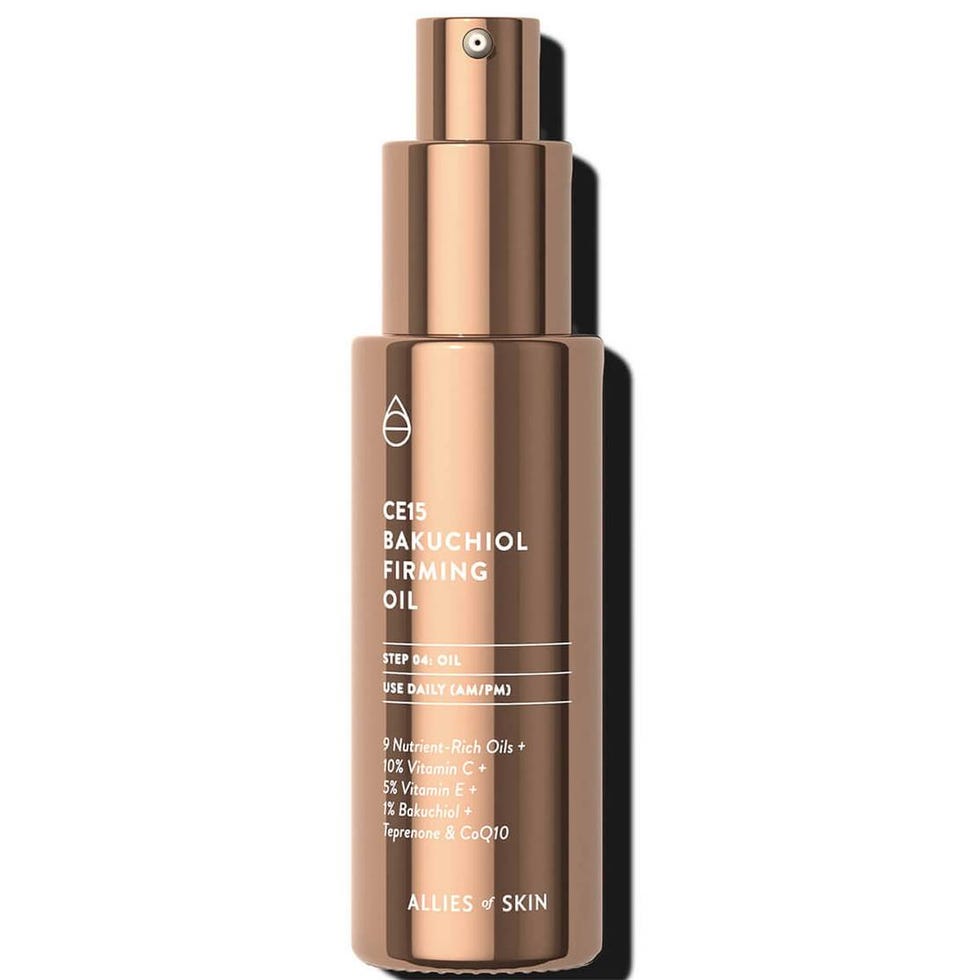
anti-inflammatory and antimicrobial properties that help to calm redness, heal wounds, and provide gentle hydration for sensitive skin. Baobab oil is another deeply nourishing oil, rich in vitamins A, D, E, and F, as well as omega fatty acids, which help to improve skin elasticity, promote cell regeneration, and protect against environmental stressors, making it an excellent choice for mature or dry skin. Blue tansy oil, known for its calming and anti-inflammatory properties, is particularly beneficial for those with acne-prone, sensitive, or irritated skin, as it helps to reduce redness, soothe irritation, and promote overall skin healing. Kukui nut oil, traditionally used in Hawaiian skincare, is a lightweight yet deeply moisturizing oil that penetrates the skin quickly to provide hydration, soothe inflammation, and improve skin texture without leaving a greasy residue. Each of these natural oils offers unique benefits, and choosing the right oil depends on your skin type and specific concerns. For optimal results, natural oils can be incorporated into your skincare routine by applying them directly to the skin, mixing them into moisturizers, or using them as part of an oil cleansing routine to gently remove impurities while keeping the skin hydrated and balanced. By embracing the power of natural oils, you can achieve a radiant, hydrated, and clear complexion while nourishing your skin with the purest ingredients nature has to offer, avoiding the harsh chemicals and artificial additives found in many commercial skincare products.
Why Use Natural Oils for Skincare?
Natural oils have been used for centuries in beauty and skincare routines due to their numerous benefits. Here’s why they are a great addition to your skincare regimen:
- Deep Hydration: Natural oils penetrate deep into the skin, providing long-lasting hydration.
- Rich in Nutrients: They contain vitamins, antioxidants, and essential fatty acids that promote skin health.
- Anti-Aging Properties: Many oils help reduce fine lines and wrinkles by boosting collagen production.
- Suitable for All Skin Types: Whether you have dry, oily, or sensitive skin, there’s a natural oil for you.
- Chemical-Free: Unlike commercial skincare products, natural oils are free from synthetic chemicals and preservatives.
Best Natural Oils for Healthy and Glowing Skin
1. Argan Oil – The Liquid Gold
Argan oil, also known as “liquid gold,” is extracted from the kernels of the argan tree. It is rich in vitamin E, essential fatty acids, and antioxidants, making it perfect for moisturizing and protecting the skin.
Benefits:
Reduces fine lines and wrinkles.
Deeply hydrates the skin without making it greasy.
- Reduces fine lines and wrinkles.
- Helps fade acne scars and blemishes.
- Controls sebum production, making it great for oily skin.
How to Use:
Apply a few drops of argan oil to clean skin before bedtime for overnight hydration.
2. Coconut Oil – The Ultimate Moisturizer

Coconut oil is a powerhouse of hydration and nourishment. It contains lauric acid, which has antibacterial and antifungal properties, making it excellent for soothing irritated skin.
Benefits:
- Intensely hydrates and softens dry skin.
- Soothes sunburn and reduces inflammation.
- Helps in healing scars and stretch marks.
- Acts as a natural makeup remover.
How to Use:
Massage coconut oil onto dry areas of the skin or use it as a natural cleanser. Avoid using it on acne-prone skin as it can clog pores.
3. Jojoba Oil – Best for Oily and Acne-Prone Skin
Jojoba oil is similar to the skin’s natural sebum, making it an excellent choice for balancing oil production. It is non-comedogenic, meaning it won’t clog pores, making it perfect for acne-prone skin.Benefits:
- Regulates oil production and prevents breakouts.
- Provides lightweight hydration.
- Reduces redness and irritation.
- Helps in wound healing and scar reduction.
How to Use:
Apply a few drops of jojoba oil to damp skin after cleansing for balanced hydration.
4. Rosehip Oil – The Anti-Aging Elixir
Rosehip oil is rich in vitamins A and C, which help promote skin regeneration and reduce signs of aging. It is known for its ability to fade dark spots and scars.
Benefits:
- Brightens the skin and evens out skin tone.
- Reduces hyperpigmentation and acne scars.
- Boosts collagen production, reducing wrinkles and fine lines.
- Provides deep hydration without feeling greasy.
How to Use:
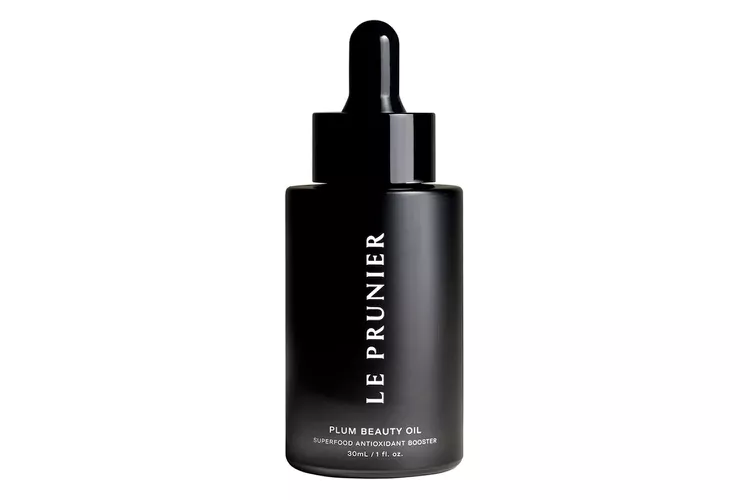
Apply a few drops of rosehip oil to clean skin in the morning
night for a natural glow.
5. Tea Tree Oil – Best for Acne and Blemishes
Tea tree oil is a powerful antimicrobial and anti-inflammatory oil that helps treat acne and skin infections.
Benefits:
- Fights acne-causing bacteria.
- Reduces redness and swelling of pimples.
- Prevents further breakouts.
- Controls excess oil production.
How to Use:
Dilute tea tree oil with a carrier oil (like jojoba oil) before applying it to acne spots. Avoid using it undiluted, as it may cause irritation.
6. Almond Oil – The Skin Softener
Almond oil is rich in vitamin E, which nourishes the skin, reduces dryness, and gives a healthy glow.
Benefits:
- Lightens dark circles and reduces puffiness.
- Moisturizes and softens rough skin.
- Helps in treating eczema and psoriasis.
- Repairs skin damage caused by sun exposure.
How to Use:
Gently massage almond oil onto your skin before bedtime for soft and supple skin.
7. Olive Oil – The Natural Healer
Olive oil is packed with antioxidants and essential fatty acids that help repair and nourish the skin.
Benefits:
- Deeply hydrates and soothes dry skin.
- Reduces the appearance of wrinkles.
- Protects against environmental damage.
- Heals chapped lips and rough patches.
How to Use:
Use extra virgin olive oil as a moisturizer or mix it with sugar for a natural exfoliating scrub.
8. Avocado Oil – Best for Deep Hydration

Avocado oil is rich in vitamins A, D, and E, which deeply nourish and heal the skin.
Benefits:
- Provides intense moisture for dry and sensitive skin.
- Soothes inflammation and redness.
- Supports skin cell regeneration.
- Helps in reducing age spots and fine lines.
How to Use:
Apply a few drops of avocado oil to your skin and massage gently until absorbed.
How to Choose the Right Oil for Your Skin Type
Choosing the right natural oil depends on your skin type and concerns:
- Dry Skin: Coconut oil, avocado oil, almond oil, and olive oil.
- Oily/Acne-Prone Skin: Jojoba oil, tea tree oil, and rosehip oil.
- Sensitive Skin: Argan oil, almond oil, and rosehip oil.
- Mature Skin: Rosehip oil, avocado oil, and argan oil for anti-aging benefits.
Tips for Using Natural Oils Effectively
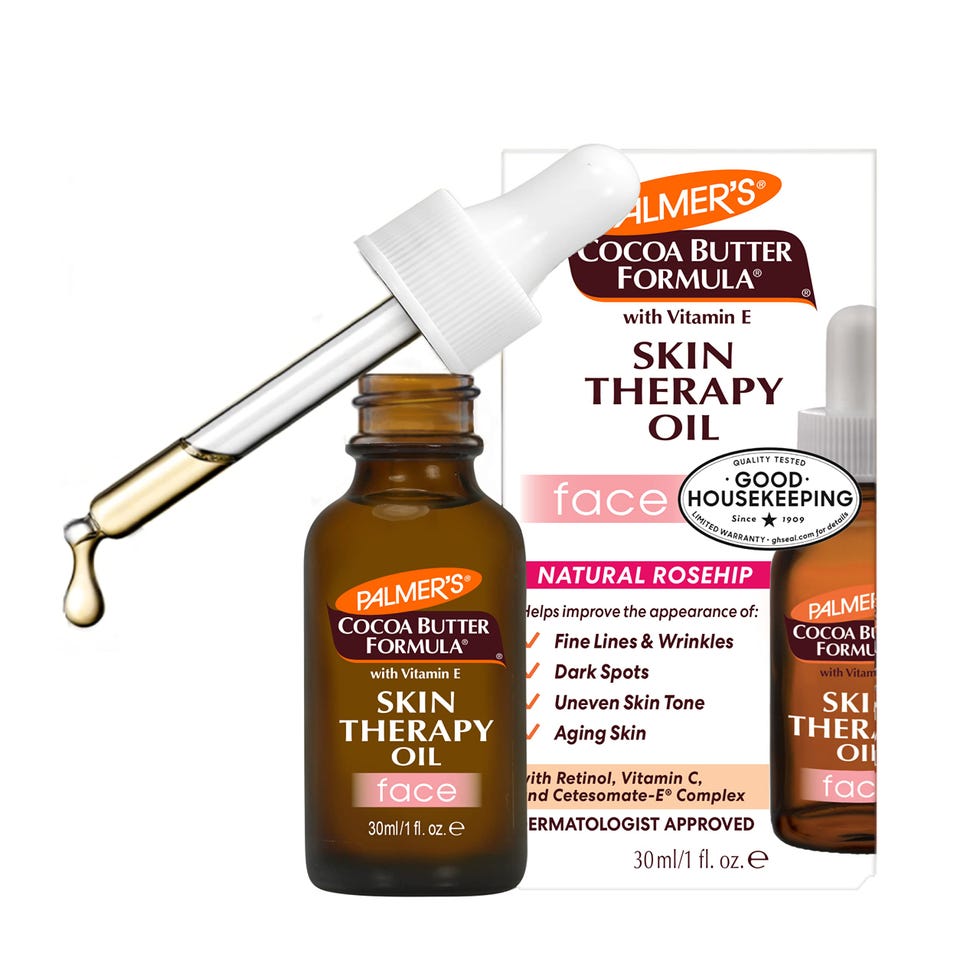
- Patch Test First: Always do a patch test before applying any oil to your face to check for allergic reactions.
- Use Pure and Cold-Pressed Oils: Ensure the oils are 100% pure, organic, and cold-pressed for maximum benefits.
- Apply on Damp Skin: Oils lock in moisture better when applied to damp skin.
Store Properly: Keep oils in a cool, dark place to prevent oxidation and spoilage.
Conclusion
Natural oils are a great way to achieve radiant, hydrated, and clear skin without the need for harsh chemicals. Whether you have dry, oily, or sensitive skin, there is a natural oil that can suit your needs. By incorporating these oils into your skincare routine, you can nourish your skin, maintain hydration, and achieve a youthful glow.
Consistency is key—regular use of the right natural oil can make a significant difference in your skin’s health and appearance. Choose the best oil for your skin type and enjoy the benefits of natural skincare! Natural oils offer an affordable and effective way to maintain healthy, radiant, and clear skin. Whether your skin needs hydration, acne control, or anti-aging benefits, there’s an oil suited for your needs. By incorporating natural oils into your skincare routine, you can achieve a glowing and nourished complexion without the use of harsh chemicals.
Q&A Section:
Q1: Which natural oil is best for dry skin?
Ans: Coconut oil, argan oil, and avocado oil are excellent for dry skin as they provide deep hydration and lock in moisture.
Q2: What is the best oil for acne-prone skin?
Ans: Tea tree oil and jojoba oil are great for acne-prone skin as they help control excess oil, fight bacteria, and reduce inflammation.
Q3: Can natural oils help with anti-aging?
Ans: Yes, oils like rosehip oil, argan oil, and pomegranate seed oil are rich in antioxidants and vitamins that boost collagen production and reduce fine lines and wrinkles.
Q4: Is coconut oil good for all skin types?
Ans: Coconut oil is best for dry skin but may clog pores for those with oily or acne-prone skin. It’s best used in moderation or as a body moisturizer.
Q5: Which oil is best for glowing skin?
Ans: Almond oil, rosehip oil, and argan oil provide deep nourishment and contain vitamins that promote a natural glow.
Q6: Can I use olive oil on my face?
Ans: Yes, olive oil is rich in antioxidants and Vitamin E, making it great for moisturizing dry skin, but it should be used sparingly on oily skin as it can be heavy.
Q7: What is the best oil for sensitive skin?
Ans: Jojoba oil and chamomile oil are gentle and soothing, making them ideal for sensitive skin types.
Q8: How often should I apply natural oils to my skin?
Ans: You can apply natural oils daily as part of your skincare routine, either in the morning or before bed, depending on your skin type and needs.
Q9: Can I mix different oils for better results?
Ans: Yes, mixing oils like argan and rosehip or jojoba and tea tree oil can provide multiple benefits and enhance skin health.
Q10: Are essential oils safe for direct application on the skin?
Ans: Essential oils should be diluted with a carrier oil (like coconut or jojoba oil) before applying to the skin to prevent irritation.